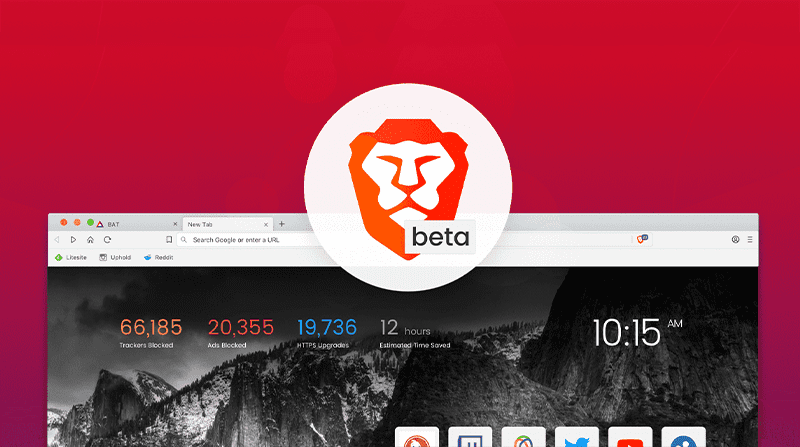

Users can often help spot a web resource’s quality better than an algorithm. They do not lose on making revenue, and you get to experience a truly ad-free search engine. I think that’s a win-win for both Brave and you as a user. If you want to get rid of the ads, you can opt for the paid version of the search engine ( $3 per Month), where you can explore the web ad-free. The advertisements used by Google Search include trackers when you click on them, which is not the case with privacy-focused search engines.īut Brave Search tries to go a little further by offering a choice to the users.īrave Search Premium is an early access feature when updating this article, but it is worth mentioning. Have any thoughts on this? Let us know down below in the comments or carry the discussion over to our Twitter or Facebook.All the private search engines include advertisements to make money (which is fair).

Still, that cost might be worth it for individual users worried about their search terms privacy. The company does plan to include sponsored ads in the free version of Brave Search at some point, as well as rolling out an ad-free premium service that will require a subscription. READ MORE: Yep is a new search engine that rewards creators for contentīrave Search is currently free, with no advertising in its current form. Brave says it has almost 40 million active users as of September 2021, with Brave’s co-founder and CEO Brendan Eich saying that its search engine now handles “nearly 80 million queries per month.” Even then, Brave doesn’t warrant its own tracking by StatCounter, which tracks worldwide browser use. That’s not going to worry the big boys of search though. The majority of browser users are content with whatever search engine their browser has by default, and that means most new Brave users will continue using Brave’s search.

Making the change to use such a fledgling search engine as the default is a big move for Brave. READ MORE: How to change Brave’s search engine to your preferred search provider It does use Bing results occasionally when it can’t find enough relevant queries of its own. Brave says they’ll be switching more countries over in the coming months.īrave launched its own privacy-focused, non-tracking search engine earlier this year, which uses its own index of the internet so it’s not sending data to anyone else in most cases. That makes Brave search replace Google if you live in the US, UK, or Canada, Qwant for French users, and DuckDuckGo for German users. The change will only affect new Brave users, and won’t change anyone’s existing choices. Brave browser is taking the brave step to use its own, privacy-focused search engine by default when using the address bar to search.


 0 kommentar(er)
0 kommentar(er)
